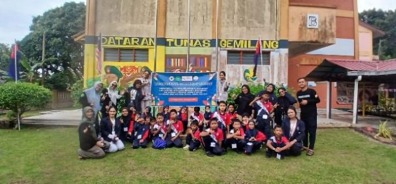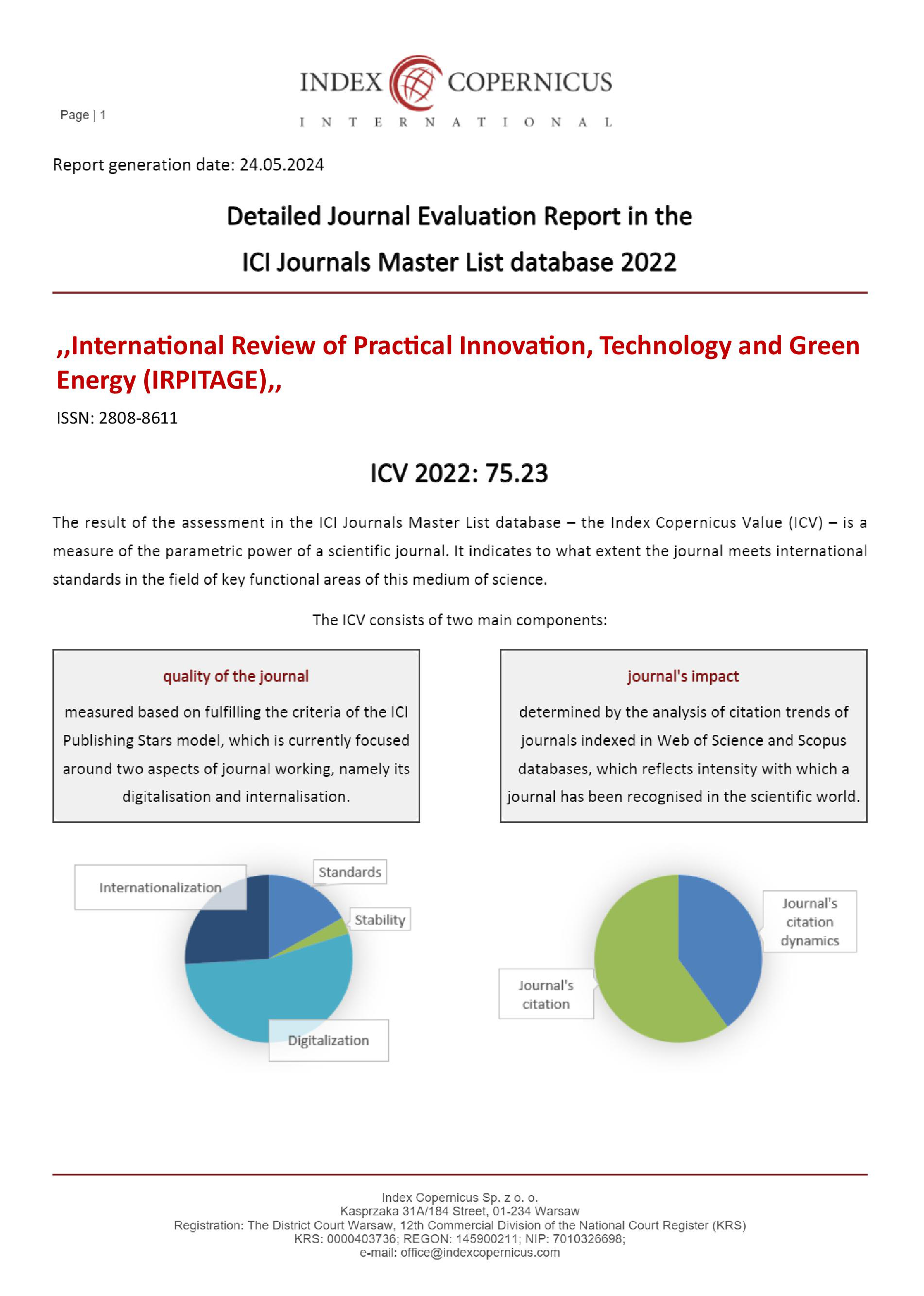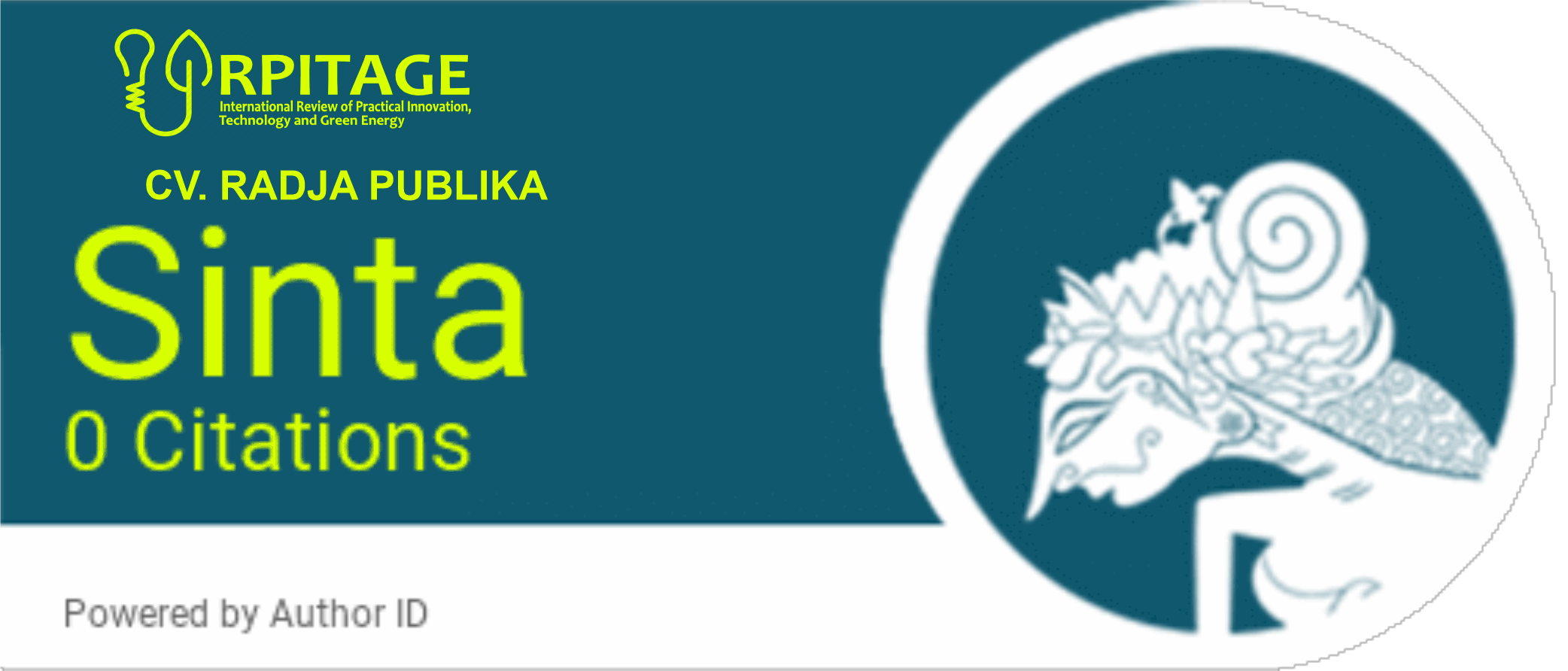
INTERNATIONAL COLLABORATION PROGRAM: EDUCATIONAL GAME ACTIVITIES TO ENHANCE STUDENTS' CREATIVITY, TOGETHERNESS, AND LEARNING ENTHUSIASM AT SEKOLAH KEBANGSAAN TANJUNG SURAT, JOHOR, MALAYSIA
DOI:
10.54443/irpitage.v5i2.4193Published:
2025-10-15Downloads
Abstract
The international collaboration program through educational game activities at Sekolah Kebangsaan Tanjung Surat, Johor, Malaysia, was designed to enhance three key outcomes: students’ creativity, togetherness, and learning enthusiasm. The intervention was carried out through a series of collaborative educational games (such as word guessing, puzzles, role-play, and team relays) facilitated by cross-country instructors. The implementation results indicated an increase in active participation, positive social interactions among students, as well as the emergence of creative ideas in problem-solving and group presentations. These findings highlight that a structured and contextual play-based learning approach is effective in strengthening students’ intrinsic motivation and socio-cognitive competencies within a multicultural school environment. Recommendations include institutionalizing educational game sessions within the school calendar, conducting joint facilitator training, and establishing periodic evaluations based on creativity, teamwork, and learning engagement indicators.
Keywords:
Enthusiasm Togetherness Creativity Collaboration GamesReferences
Abidin, D. (2023). Effectiveness of educational games in improving students’ critical thinking, problem solving, and decision making. Al-Hijr: Journal of AIBS, 1(1), 1–10. https://ejournal.staialhikmahpariangan.ac.id/Journal/index.php/alhijr/article/download/546/221
Alotaibi, M. S., Alotaibi, A. M., & Aljasser, S. (2024). Game-based learning in early childhood education. Frontiers in Psychology, 15, 1307881. https://doi.org/10.3389/fpsyg.2024.1307881
Bicen, H. (2024). The impact of collaborative learning on motivation and speaking anxiety (Master’s thesis). Uppsala University. https://www.diva-portal.org/smash/get/diva2:1835730/FULLTEXT02.pdf
Cowan, N. (2013). Working memory underpins cognitive development, learning, and education. Developmental Cognitive Neuroscience, 2, 34–41. https://pmc.ncbi.nlm.nih.gov/articles/PMC4207727/
Diaz, A. F., & De Leon, G. M. (2024). A meta-analysis on the effectiveness of gamification in education. International Journal of Education in Mathematics, Science, and Technology, 12(6), 1240–1260. https://files.eric.ed.gov/fulltext/EJ1452851.pdf
Franciosi, S. J., & Zhan, Z. (2024). Influence of digital game-based learning on social interaction and confidence. Computers in Human Behavior, 149, 108–119. https://www.sciencedirect.com/science/article/abs/pii/S002396902500030X
Henriksen, D., et al. (2021). Creativity and risk-taking in teaching and learning settings. International Journal of Educational Research Open. Volume 2, 2021, 100024
Kartikasari, I. A., et al. (2022). The Effectiveness of Open-Ended Learning and Creative Problem Solving Models to Teach Creative Thinking Skills. Pegem Journal of Education and Instruction.
Sugianto, H. (2023). Game-Based Learning in enhancing learning motivation. IJIT: International Journal of Information Technology, 9(1), 1–12. https://ejournal.unuja.ac.id/index.php/IJIT/article/view/9324
Van Hooijdonk, M., et al. (2023). Creative problem solving in primary school students. Computers & Education.
Zeng, J., et al. (2024). Exploring the impact of gamification on students’ academic performance: A meta-analysis. British Journal of Educational Technology, 55(5), 2103–2125. https://bera-journals.onlinelibrary.wiley.com/doi/full/10.1111/bjet.13471
License
Copyright (c) 2025 Dahrul Aman Harahap, Hesti Desba Yesa, Lestari Herlina Lumban Gaol, Nadya Febriani Mokerje; Yolanda Sa'ad Utama, Alzeyna Dwilovita Ardhana, Sulfanow Putra; Hanindianti Dewi, Frans Borgias, Rasyid Ridho Harahap, Agung Edy Wibowo, Selamat Kristian Harefa, Edwin Agung Wibowo, Rahman Hasibuan

This work is licensed under a Creative Commons Attribution-ShareAlike 4.0 International License.
















